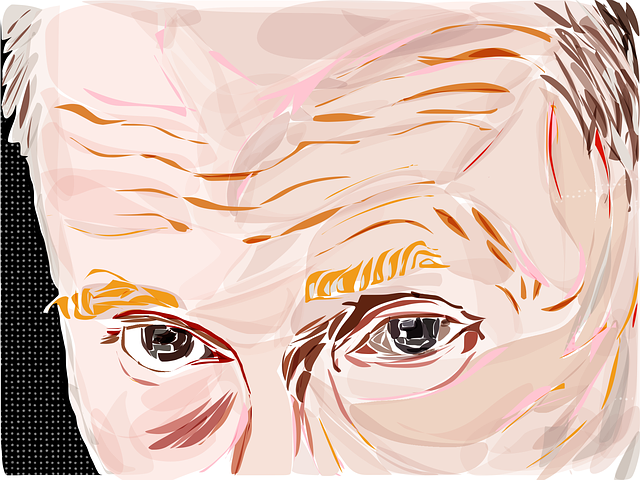
I am a retired neurologist. Last week, I watched a five to ten second video of President Putin’s meeting with Lukashenko in a villa outside of Moscow online. Instead of being seated behind a table which would hide his lower body, he was in a chair with nothing blocking his legs. During the period he was visible, constant movements of both legs were noted in an asynchronous fashion. One might call these “restless legs,” but medically they looked like a syndrome called akathisia or psychomotor restlessness. Minimal movements of the hands and fingers were also noted.
Akathisia is most often caused by an adverse reaction to drugs, particularly with anti-psychotic medications. However, other drugs can also be responsible less often, including antidepressants such as tricyclic medications (nortriptyline and amitriptyline) and (SSRIs) selective serotonin uptake inhibitors (Prozac, Zoloft, Paxil, Celexa, Lexapro). In addition, calcium channel blockers (Cardizem), which are utilized for high blood pressure can rarely produce akathisia. Even if Putin is taking anti-psychotic medications, it does not indicate he is psychotic as some physicians may also prescribe these drugs for anxiety. And he may be taking anti-depressants or calcium channel blockers and having an adverse response, though akathisia is seen uncommonly with these compounds.
The National Library of Medicine of the NIH also mentions that akathisia can be seen with anti-emetic drugs (Compazine), drugs for vertigo, sedatives used for anesthesia, and abuse of cocaine.
Other considerations besides akathisia for Putin’s leg movements include the possibility of a tardive dyskinesia which can also occur with the above medications, or when they are withdrawn. However, movements of the arms and facial tics are present more often with tardive dyskinesia than mainly leg movements.
Less likely possibilities are that Putin has a neurodegenerative disorder or a movement disorder such as Parkinson’s or one of its associated syndromes. There are medications that can treat akathisia, but Putin may not even be aware of his problem or may not want any additional medications. And the treatments are not always successful. Those used include mirtazapine, beta blockers and anticholinergic compounds. The mechanism in the brain that produces akathisia is uncertain, but may have to do with dopamine or other neurotransmitters, and an imbalance between neurotransmitter systems, such as dopamine and acetylcholine. A blockage of dopamine type 2 receptors is also a consideration. There are no specific laboratory tests that can help with the diagnosis of akathisia. It is merely a diagnosis made by observation.
Patients with akathisia usually feel restless with a need to move. They may also feel subjectively uncomfortable. The akathisia may be short lasting or may persist indefinitely, even after the precipitating medications are withdrawn and treatment is initiated. We don’t know how long Putin has had these movements as there have not been videos of him with his legs exposed. Usually, he has been seen sitting at a long table, with his advisors or guests at the far end. There have been suggestions that this was a manifestation of paranoia, as Putin was afraid of catching Covid or of being assassinated. But perhaps this was related to his akathisia.
As far as we know, Putin is cognitively intact, but it would be helpful if his physicians told the world what is going on since he is the leader of a powerful nation with nuclear weapons. However, Putin wants to project an aura of strength and determination to the world and certainly does not want it known that he has an illness of any sort or is taking medications on a regular basis. In an autocratic state, the leader controls the release of all information, particularly those of a personal nature.
www.robertlevinebooks.com
Buy The Uninformed Voter on Amazon or Barnes and Noble
Posted at 09:16 AM in 2020 Presidential election, 2024 presidential election, abortion, Afghanistan, Russia | Permalink | Comments (0)
Tags: Akathesia, antipsychotic meds, Putin, restless legs, Russia
Political junkie, Vietnam vet, neurologist- three books on aging and dementia. Book on health care reform in 2009- Shock Therapy for the American Health Care System. Book on the need for a centrist third party- Resurrecting Democracy- A Citizen’s Call for a Centrist Third Party published in 2011. Aging Wisely, published in August 2014 by Rowman and Littlefield. Latest book- The Uninformed Voter published May 2020
















